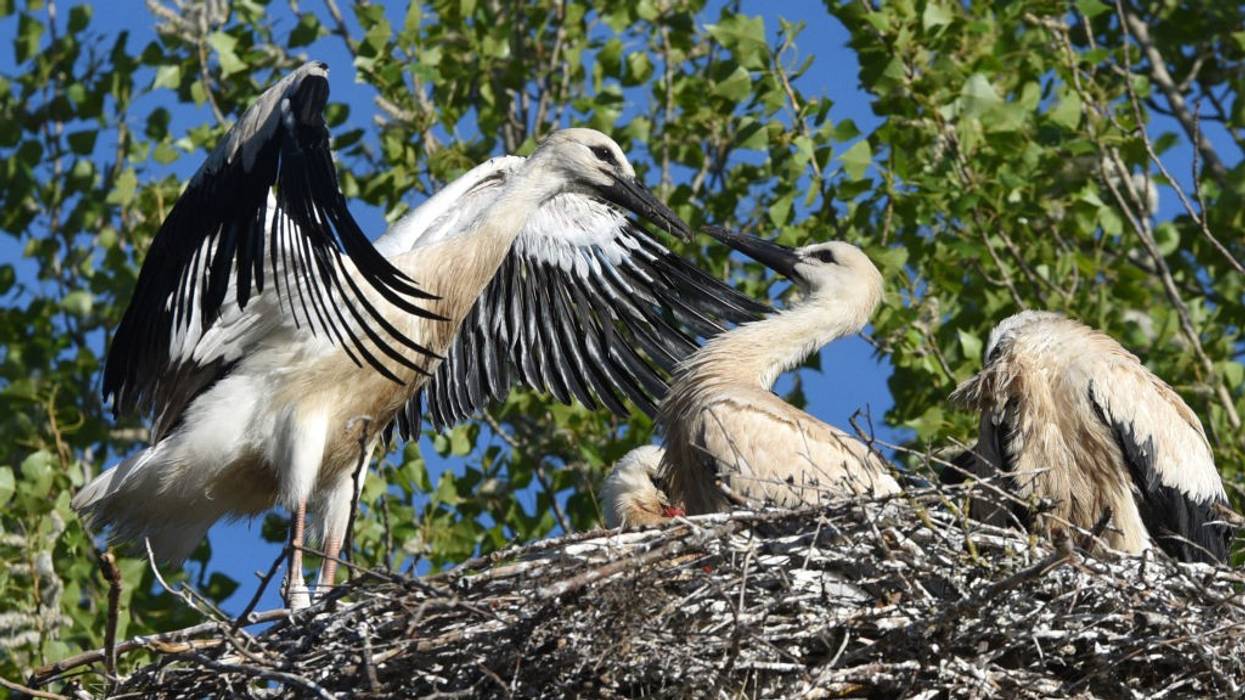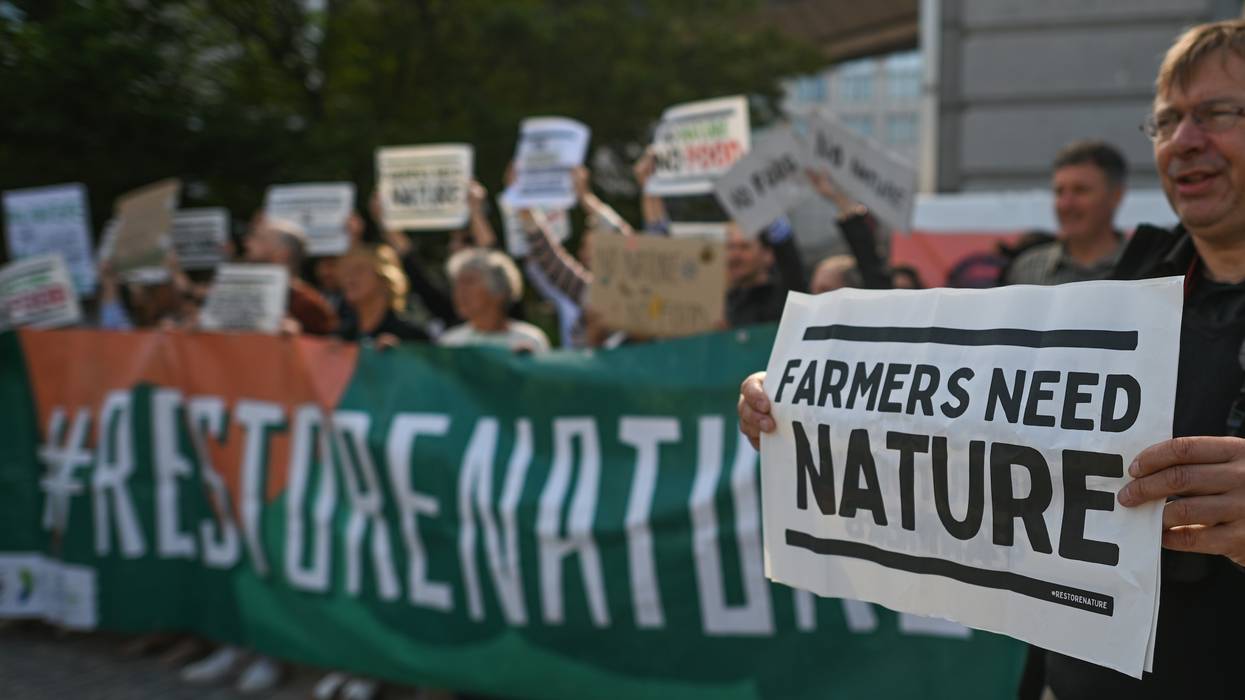"After years of intense campaigning and many ups and downs, we are jubilant that this law is now reality—this day will go down in history as a turning point for nature and society," World Wildlife Fund for Nature (WWF) EU, one of several organizations that campaigned for the law under a #RestoreNature banner, wrote on social media.
The law's adoption came after what WWF EU called "one of the most tumultuous journeys in the history of E.U. legislation," a two-year-long saga that was dramatic up until its final moments.
The law's final hurdle was cleared by the European Council on Monday when 20 out of the 27 E.U. environment ministers, collectively representing 66% of the bloc's population—just enough to meet the 65% required by qualified majority rules—voted in favor.
The threshold was met when Leonore Gewessler, Austria's environment minister, moved in favor of the law despite opposition from the leaders of her own coalition government. Gewessler is a member of the Austria's Green party, a junior coalition partner to the conservatives, who oppose the new E.U. law.
The law was nearly adopted by the Council in March, but was derailed when Hungary withdrew support.
On Monday, Hungary, Finland, Italy, the Netherlands, Poland, and Sweden voted against the law; Belgium abstained. It will enter into force in all member states, each of which will now be required to develop national nature restoration plans.
The E.U. parliament had passed the law in February, following trilogue negotiations last year, after which Council passage is normally a formality. But this law was a political lightning rod that threatened normal institutional processes.
"The failure to adopt the law would not only threaten Europe's highly degraded nature but also send a negative signal about established political processes within European institutions," Špela Bandelj Ruiz, a Greenpeace campaigner, told Common Dreams.
Agribusiness groups had waged a sustained campaign against the law while it was being considered by parliament, and it was one of the targets of the many farmer protests in Europe this year. There was an "unprecedented and absurd disinformation campaign," WWF EU said.
The adoption of the law, which was part of the European Green Deal, a set of environmental laws and regulations put in place by the E.U. over the last five years, comes just before a new EU parliament swears in next month, following elections last week. The new parliament will have fewer green party representatives and more conservatives than before, as well as more members from the far-right.
The nature restoration law will be instrumental in helping the E.U. to meet its commitment under the Kunming-Montréal Global Biodiversity Framework signed at the 2022 U.N. Biodiversity Conference (COP15), nonprofit groups and E.U. officials said.
"The European delegation will be able to go to the next COP with its head held high," Alain Maron, minister for Climate Transition, Environment, Energy, and Participatory Democracy of the Government of the Brussels-Capital Region, said in an E.U. statement.
COP16 will be held in October in Colombia. Greenpeace said that failure to adopt the new law would have been an "embarrassment" to the E.U.
The law comes following dire reports about the state of nature in the E.U., where more than 80% of habitats are in poor condition. "Biodiversity in the E.U. continues to decline and faces deteriorating trends from changes in land and sea use, overexploitation and unsustainable management practices, as well as water regime modification, pollution, invasive alien species, and climate change," according to a 2020 report by the European Environment Agency.
Bandelj of Greenpeace told Common Dreams that some of the language on agricultural ecosystems in the law had been watered down during negotiations; for example, some of the targets are effort-based rather than results-based, with lawmakers writing "which shall aim to" rather than using more binding language. Bandelj also expressed concern that an "emergency brake" loophole could be applied, suspending implementation of the law in the event of food security concerns.
Still, Bandelj called the law a "ray of hope for Europe's nature, future generations, and the livelihoods of rural communities."




